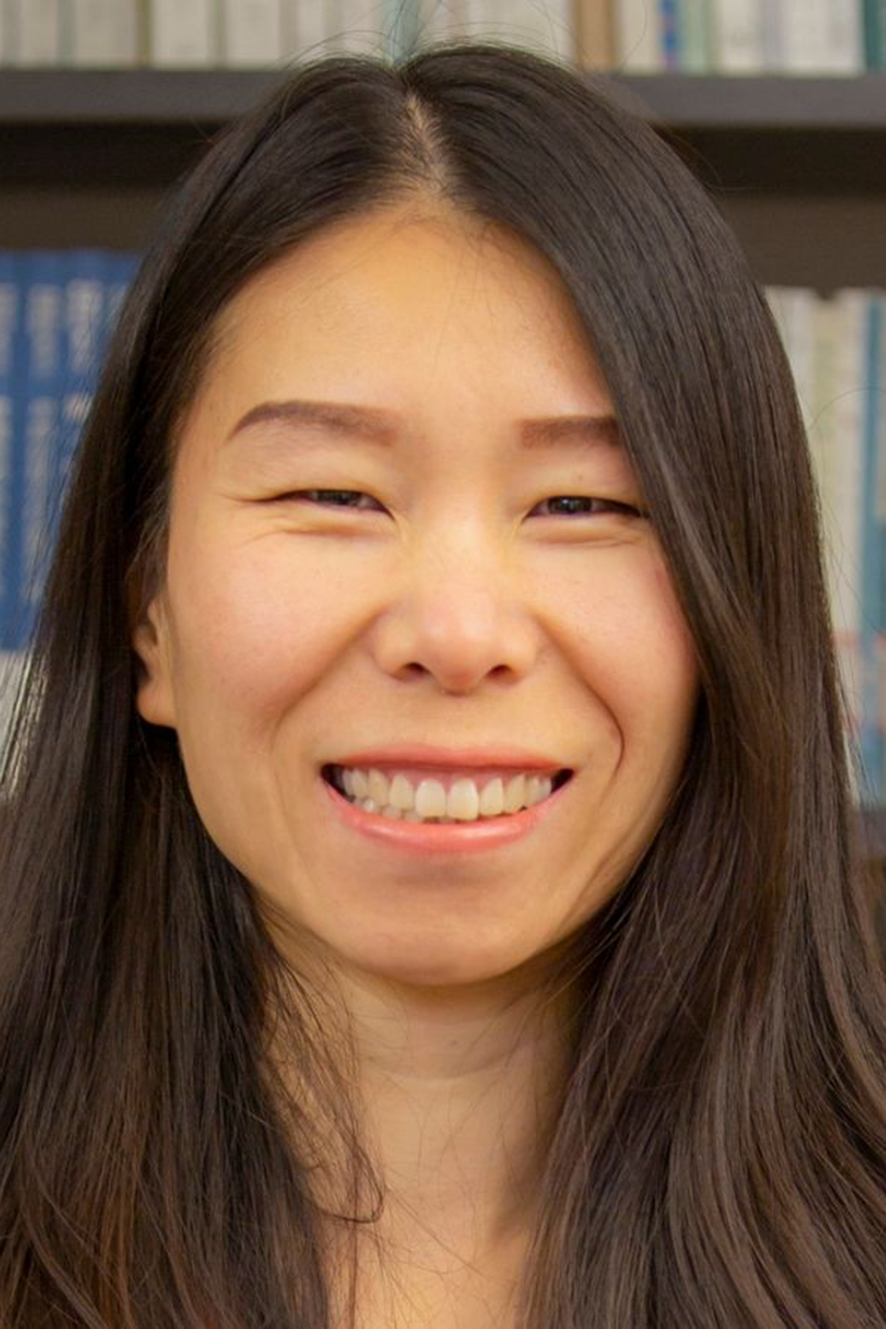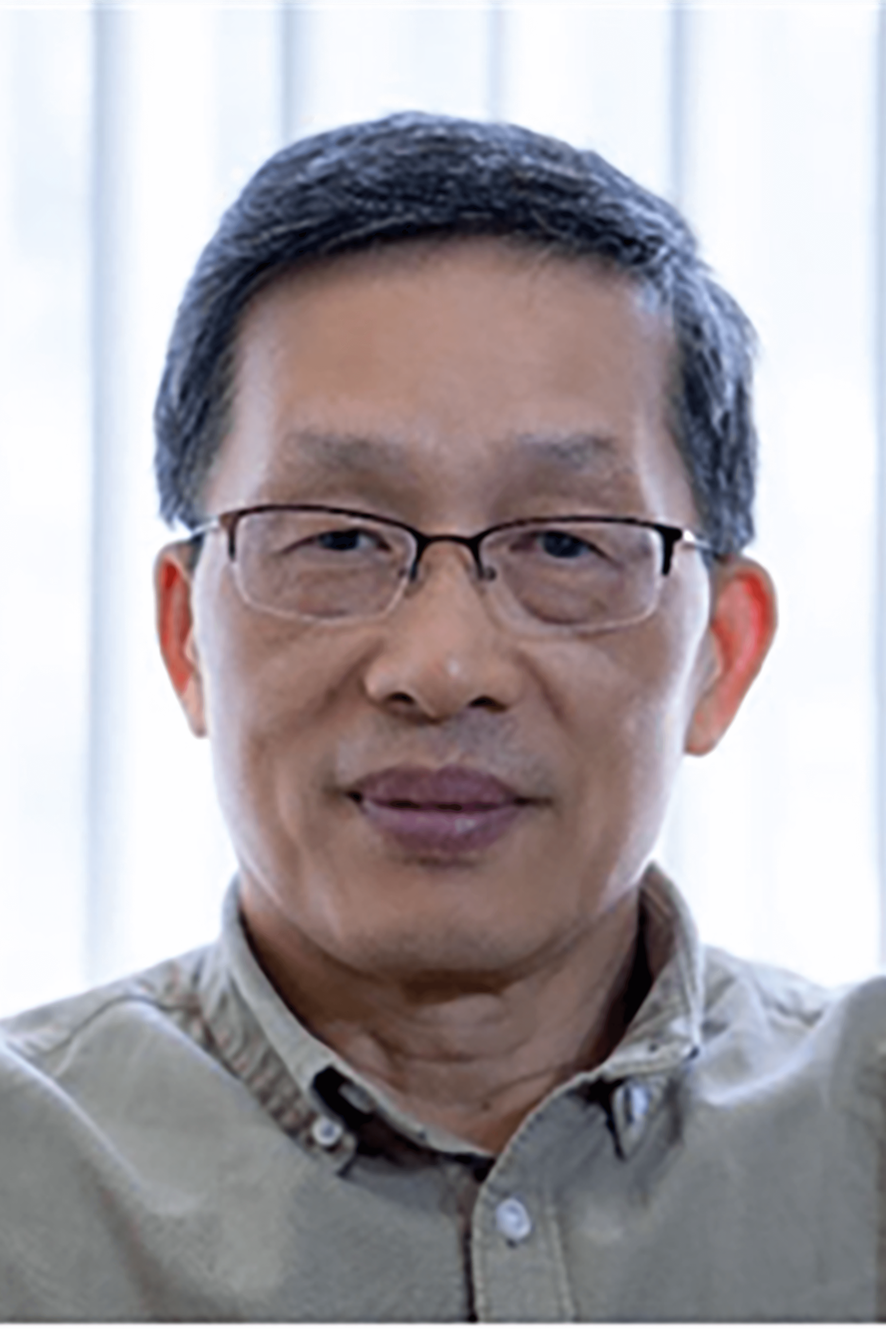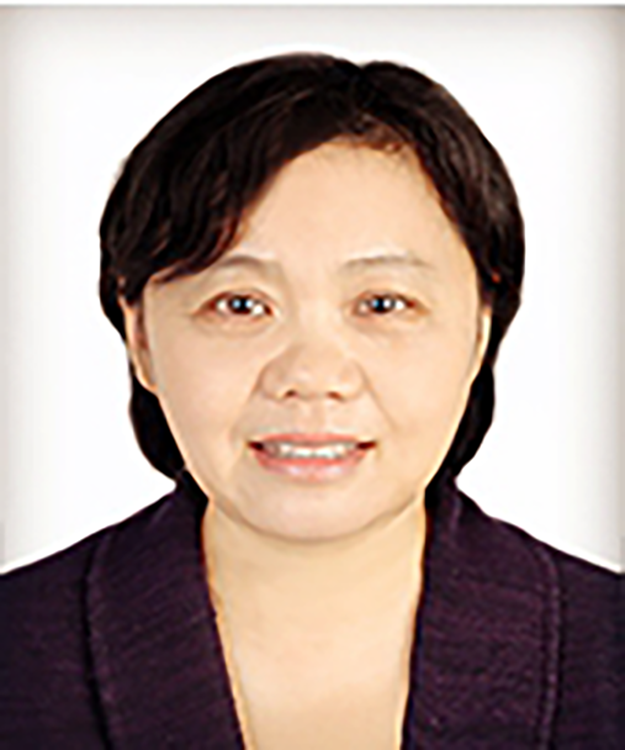Keynote speakers 会议主讲嘉宾
This talk examines the enregisterment of a cultural discursive practice - dui (怼) - on Chinese social media during the key events in the COVID-19 pandemic, using the analytical notions of enregisterment and stance-taking. Based on a sample of social media posts collected through a combination of ‘noticing’ and systematic data scanning and archiving over a month, our analysis shows that dui shifted from a discursive practice of friendly teasing, a specific function that underpinned its rise of popularity prior to the onset of the pandemic, to an oppositional discursive practice characterised by wrangling, words of violence and a conversationalised journalistic discourse of refuting. We argue that COVID-19 has heightened Chinese netizens’ sensitivities towards China’s perceived friends and enemies. This politicisation, together with the associated traditional discourses of national pride and humiliation, contributed to the emergence of dui as a tribalising discourse, which in turn has further destabilised and polarised the user community on Chinese social media and beyond. The study illustrates the mutually constitutive nature of the enregisterment of discursive practices and social relationships and the importance of bringing together discourse analytical and socio-cultural perspectives in analytical terms.
.png?sfvrsn=87b3b517_0)
Prof Li Wei
Institute of Education
University College London
Professor Li Wei is a linguist working in the interdisciplinary fields of language contact, bilingualism and multilingualism, language learning, and the education of bilingual and multilingual children. He has led numerous research projects funded by ESRC, AHRC, Leverhulme and Nuffield as well international funding agencies, including the British Academy special project on the cognitive benefits of language learning. He has won the British Association of Applied Linguistics Book Prize twice. He was Chair of the University Council of General and Applied Linguistics (UCGAL) between 2012 and 2015. He is currently Editor of the International Journal of Bilingual Education and Bilingualism and Applied Linguistics Review.

Professor of Language Learning and Intercultural Communication
University College London
This study examines two grammatical forms used for requests for immediate actions in Mandarin face-to-face interaction: the VP imperative form ‘Do X’ and the ni ‘you’-imperative form ‘You do X’. The former is composed of a bare VP ‘Do X’, and the latter consists of a second person pronouns ni (‘you’ singular) or nimen (‘you’ plural) followed by a VP: ni(men)+VP ‘You do X’. An examination of 10 hours of everyday Mandarin face-to-face interactional data shows that mutual visual orientation and embodied participation framework between participants is relevant to the speaker’s selection between the two imperative forms for requests. This study demonstrates that grammar and body are symbiotic and an integral whole in interaction.

Prof Li Xiaoting
Professor, East Asian Studies
University of Alberta
Dr. Xiaoting Li is Professor of Chinese Linguistics at the Department of East Asian Studies, University of Alberta. She received her PhD in linguistics and applied linguistics at Peking University, China, in 2011. She was a DAAD fellow at the University of Potsdam in 2008-2010. Recently, she received the Humboldt Fellowship to conduct her research at the University of Freiburg in Germany in 2019-2021.
The relationship between linguistic units and talk-in-interaction has long been the concern of students of language and interaction, and substantial progress has been made in the past decades. For example, in their seminal work on turn taking in conversation, Sacks, Schegloff, and Jefferson (SSJ, 1974) have already drawn attention to the importance of referencing to turn taking (or turn-in-a-series) for a proper understanding of the syntax of sentences. Discourse functional linguists, on the other hand, have tended to focus on prosodic and structural units as the basis for theorizing. In this presentation, I will attempt to explore a novel concept of UNITS FOR INTERACTION (UFI) to shed light on materials and ways that parties at talk operate with in conducting interaction. In doing so, I will raise questions about the relationship between discourse and grammar. I will illustrate the concept of UFI with audio/video recorded everyday conversations from Mandarin Chinese and English. The data types to be discussed include 1) non-lexical vocalizations; 2) alternation patterns of complex constructions; and 3) large constructions (such as lists) involving multiple speaker changes.

Prof Tao Hongyin
Professor of Chinese Language and Linguistics
University of California, Los Angeles
Hongyin Tao is a professor of Chinese language and linguistics at the University of California, Los Angeles; he also holds an honorary Distinguished Chair Professor position at the National Taiwan Normal University. His research and teaching focus on the social, cultural, and interactional aspects of Chinese language use in context. Among his over 160 publications are Chinese under Globalization (World Scientific, 2011), Global Chinese Variation - USA (Commercial Press 2022), and Learner Corpora Construction and Explorations in Chinese and Related Languages (Springer 2023). He serves on editorial boards of over 30 academic publications and was a former president of the Chinese Language Teachers Association, USA.
Linguistic dramas are verbal expressions that describe striking events and express intense emotions. They are ubiquitous in everyday communication. Since the introduction of the concept of "dramatized discourse", research on linguistic drama in Chinese has advanced significantly.
In this presentation I delve deeper into the cognitive-affective mechanisms of linguistic drama. To do so, I introduce the concept of "grammatical surprise", which, I argue, results from the creative and often intentional violation of linguistic conventions within a language community. These conventions govern our linguistic behavior and how we process others' linguistic behavior are integral to our cognitive schemas. Using examples from Chinese, English, and German, I show that grammatical surprise arises when speakers push the limits of local syntactic rules and collocational conventions under language-specific morphosyntactic constraints.
The concept of grammatical surprise draws from the psychology of surprise, a basic emotion that arises from "prediction errors" in information processing. Consistent with the widely accepted insight that language is an integral part of our cognitive affective capacity, I contend that grammatical surprise is rooted in the affective and bodily experience of surprise. Following from this, I make the case that the construct of grammatical surprise provides a cognitive-affective account of linguistic drama as a fundamentally embodied phenomenon.
Keywords: linguistic drama, grammatical surprise, embodiment, affect

Prof Zhuo Jing-Schmidt
Professor, East Asian Languages and Literatures
University of Oregon
Zhuo Jing-Schmidt currently works at the Department of East Asian Languages and Literatures, University of Oregon. Zhuo does research in Cognitive Linguistics, Pragmatics, Language and Gender, Language Change, and Second Language Acquisition. Their current project is sensory metaphor and metonymy, and the new media.
北京话里,第一人称复数“我们、咱们”的功能有所扩展,在主语位置上,却不指称包括言者的行为人;在名词修饰语位置上,不用作指别“哪一个”。这类用法见于操作语体现场演示对话,言者希望受话人关注当下的行为或者现场的事物,与互动行为类型高度关联。事实上,第一、第二和第三人称代词都有不同程度的功能扩展,从专指到非专指,进而“去指称化”,其功能解读是在特定互动行为中浮现的。新的语法的出现,是语用限制逐步松绑,从局限于某个特定的语体(应用场景)到较少语体限制。因此,对语法形式在不同互动场景用法的观察、刻画它在言语互动中的语用条件,助于说明语法演化的动因。

Prof Fang Mei
Professor of the Institute of Linguistics
Chinese Academy of Social Sciences
FANG Mei, Professor of the Institute of Linguistics, Chinese Academy of Social Sciences, is currently the deputy editor-in-chief of Studies of the Chinese Language (中国语文) and the vice-president of Chinese Language Society. She has been working on Chinese grammar and discourse analysis with the functional approach, focusing on the emergent nature of grammatical patterns, pragmaticalization, and grammar in interaction.
